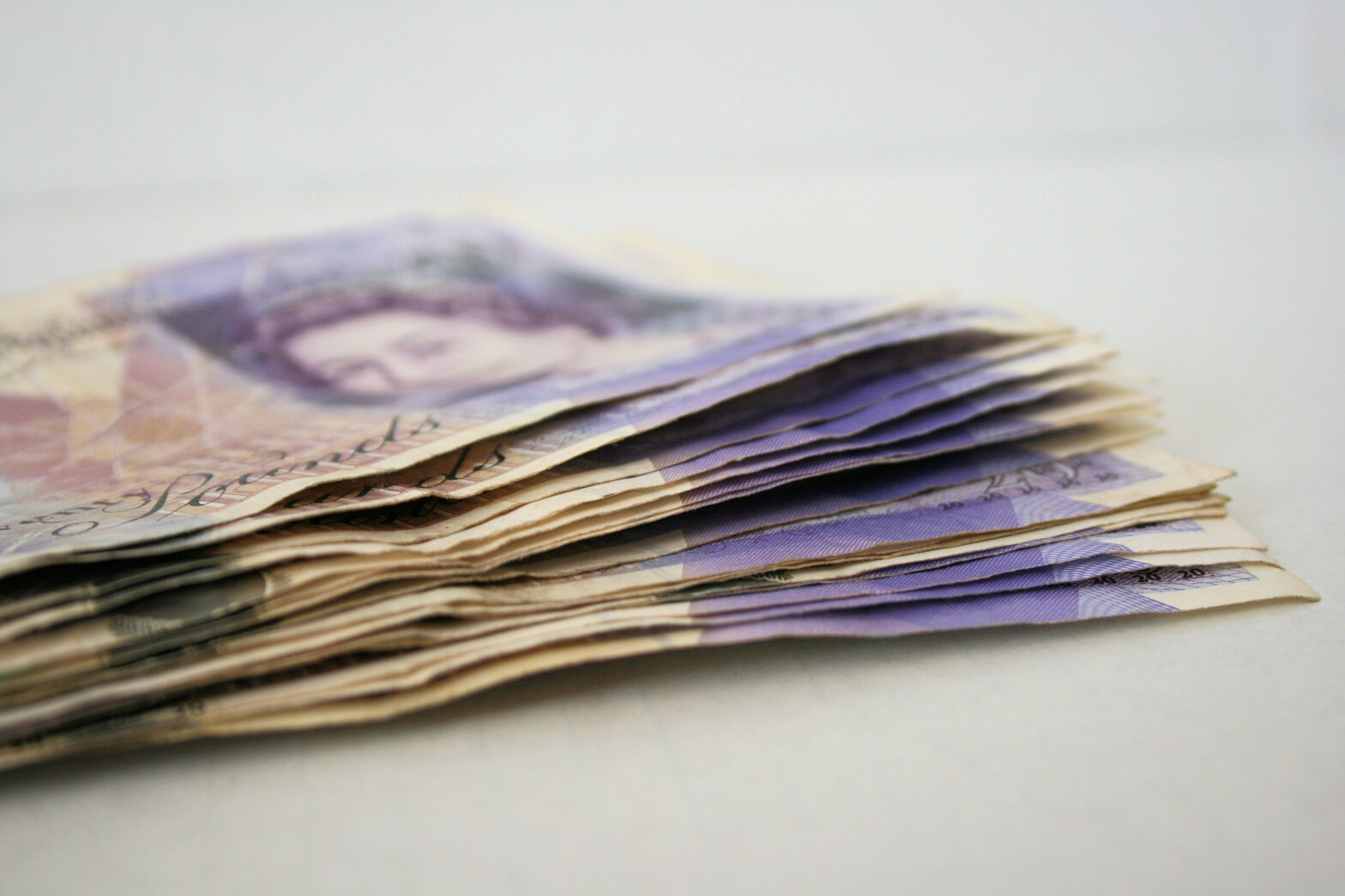There are plenty of people who know how to organise business finances before they open their first small business. But there are also lots of people who don’t have this knowledge. If you are among them, this is OK…for awhile. Not everyone has the benefit of business school. Not everybody knows, when they start their first side hustle, that it is going to develop into a full-fledged small business. But when you realise that your business is actually up and running, and that its finances are mixed indistinguishably with your personal finances, it’s time to make a change.
Personal finances are a totally different beast from business finances. Ideally (and legally) they should be insulated from each other. If your personal finances are hit by fraud, like so many of Canary Claims’ customers are, then having intermingled personal and business finances could severely damage your business. From a tax standpoint, having finances that are mixed up together puts you in danger of a formal audit, and all the repayments that come along with it. If you are currently in a situation where your finances are tied up together, it’s time to make a change. Take the upcoming tax deadline as an opportunity to set the situation right.
First, talk to a CPA and/or business tax professional. It’s important for you to understand what your finances are supposed to look like. It will be helpful to have a professional look over your current situation, one who can see the problems that you have without getting you in trouble. With this perspective, you should be able to know what changes you need to make to put your finances in order, private and professional. Your next steps should include, but not be limited to, the following.
- Create separate bank accounts for your business money. Of course these should have been in existence before, but there are many reasons why that might not have been the case. This is an important step in protecting your private assets from anything that might happen in your business, and vice versa.
- Create a LLC or other relevant organisation. Many people who have developed small businesses slowly and gradually have never taken the steps to make their business official in the legal sense. Not only will registering your business properly put you on the right side of the law, it will keep your from having to go broke if your business fails.
- Pay your taxes as a citizen and as a business. Many new business owners skate under the radar in this regard while their business is getting off the ground. If your business is official, it is important that it pays its share of taxes. Find out how to make this a seamless part of your business budget and routine.
There are lots of other ways to make your business finances distinct from your personal ones. Start now to make this a more robust difference and your finances – personal and business – will be more secure in the long run.





